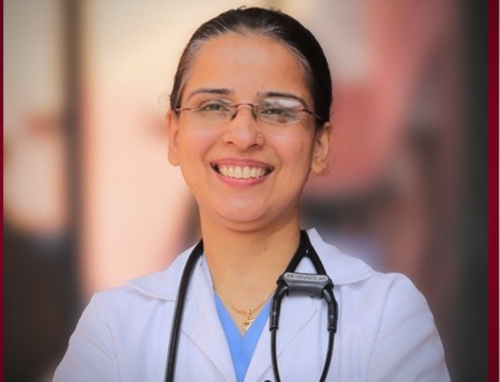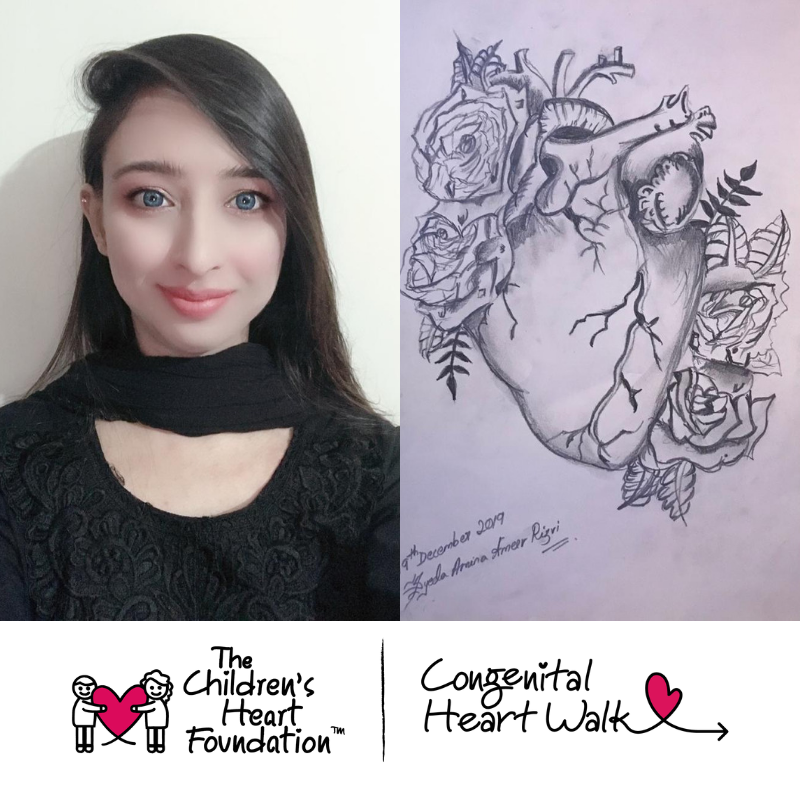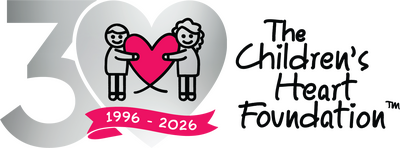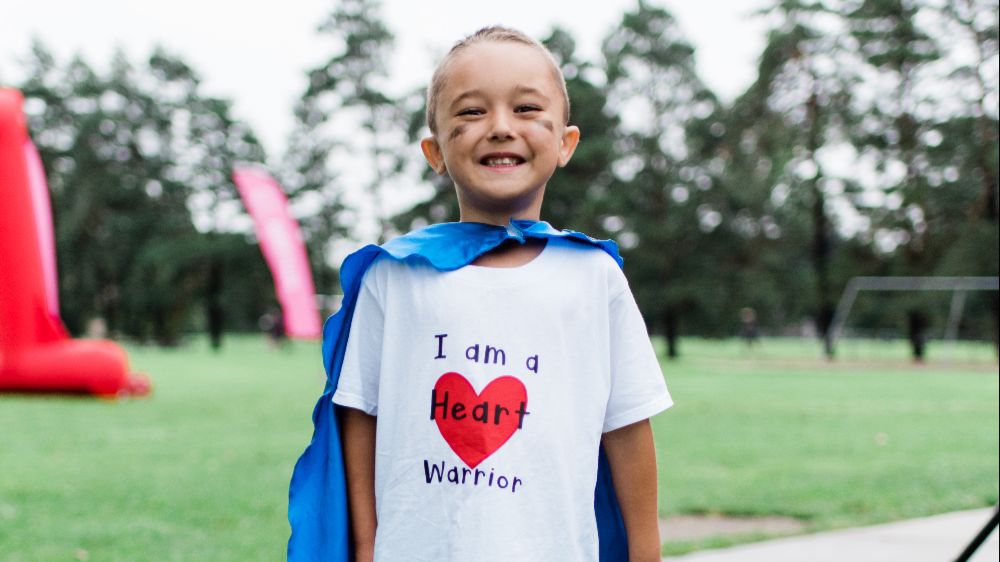Redefining happiness with congenital heart disease

“Why did you choose to have an ECG?” I asked her.
“It all began on one of the hottest days of July and I suddenly felt that a bullet had hit me in the brain,” said Amina. “I was sweating terribly in a room full of cool air, and suddenly my mom looked at my face and it was all blue. The next day I decided to consider the whole-body screening, and an ECG was also included.”
During the screening, we found Amina had an atrial septal defect—a hole in the heart present by birth with severe pulmonary artery hypertension.
“Doctor, I am 21 now and perhaps very late for a definite treatment?” she asked me with blank eyes.
Then she continued: “Doctor, I am not in shock, but I want to fight with my disease. I remember hearing, ‘God chose to give the most suffering to those who He loves a lot,’ and I always remember my daddy saying we are the greatest above all the creations of God, which has made me stronger than ever.”
Amina had been an 8-pound baby with rosy cheeks. Until the age of 21 she was involved in sports, competed in basketball competitions, was a high achiever in school, and was attending a top university with plans to become a physicist.
When this news of congenital heart defect was broken to her, her first question was whether she could continue to study and to play sports.
“No sports,” I replied. She looked shattered but I told her she would be on medicines that could make her weak, possibly aggressive with multiple mood swings all at once—but that they would help her survive. I remember this brought a smile on her face and she stepped out of my room with a promise to take care of herself.
When Amina visited me for her follow-up appointments, she reminded me that nothing else matters if you are blessed with the best family, friends, and caregivers. She never gives up! She never cries and always seems truly happy. Yes, closing the door on sports was discouraging, but she completed her degree.
What really inspires me is her commitment to never give up. Amina depends on medications and regular checkups, and a heart transplant is the last option for she is not fit for it. In spite of her circumstances, she has embraced life.
“This is a challenge for me to stay and live the life I want, no matter what congenital heart defect I have,” she says.
Today Amina has a message for every adult suffering with a congenital heart defect: “Up your level of self-care and watch how much less you care about what isn’t possible for you. Instead of thinking about what you want to do, think about who you want to be. Do you want to be more self-aware? Do you want to be more conscious? Do you want to be a better person? Do you want to make a difference in the world? As much as you can, accept your heart defect with confidence, smile from your heart, and redefine your happiness.”
—Farhala A. Baloch, a cardiologist with special interest in adults with congenital heart diseases at Aga Khan University Hospital Karachi Pakistan. The story is of her friend, a patient with congenital heart disease.
Amina is an Adult CHD patient, a brilliant university student who never gives up on her dream to become a charted accountant.



